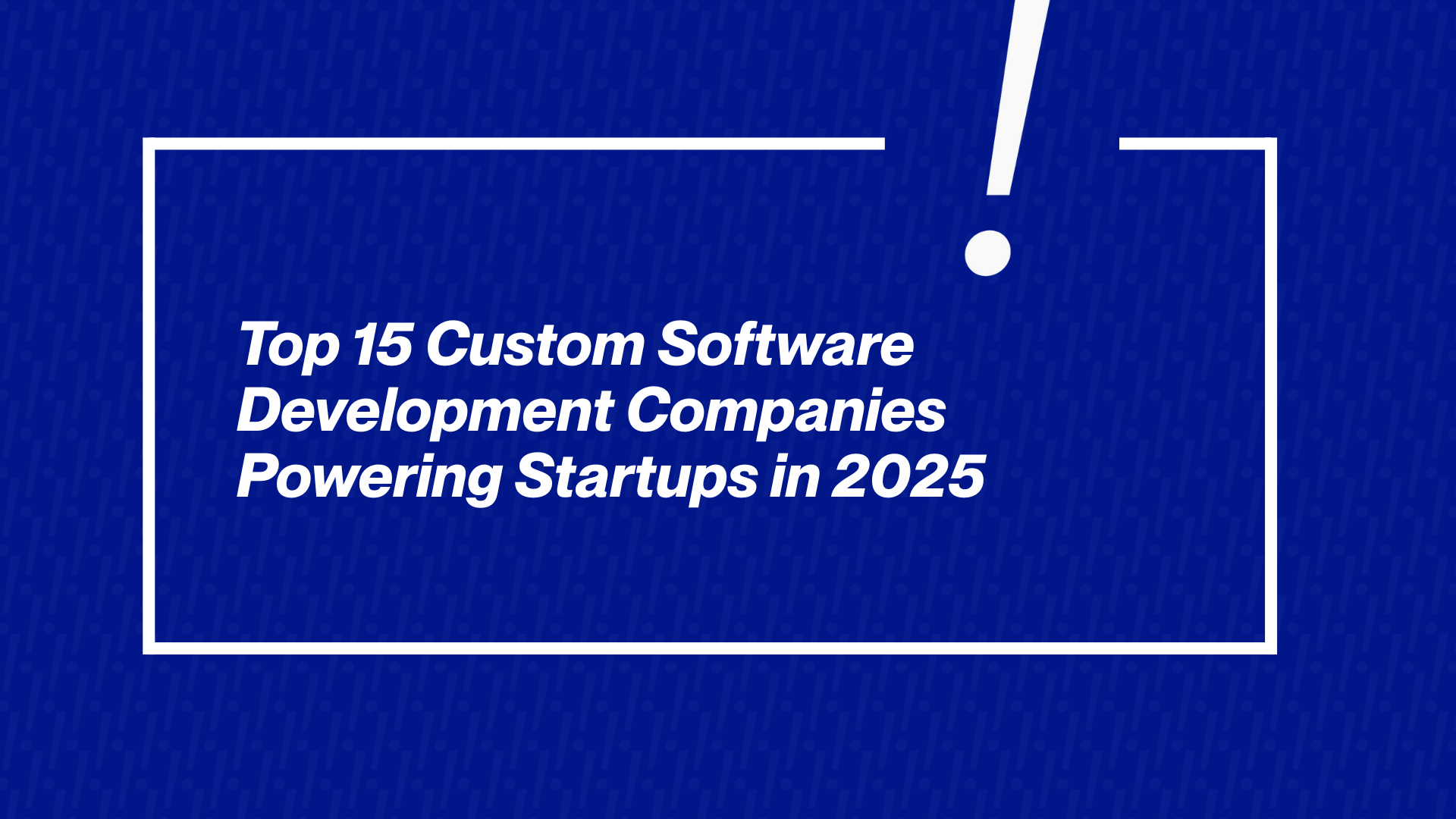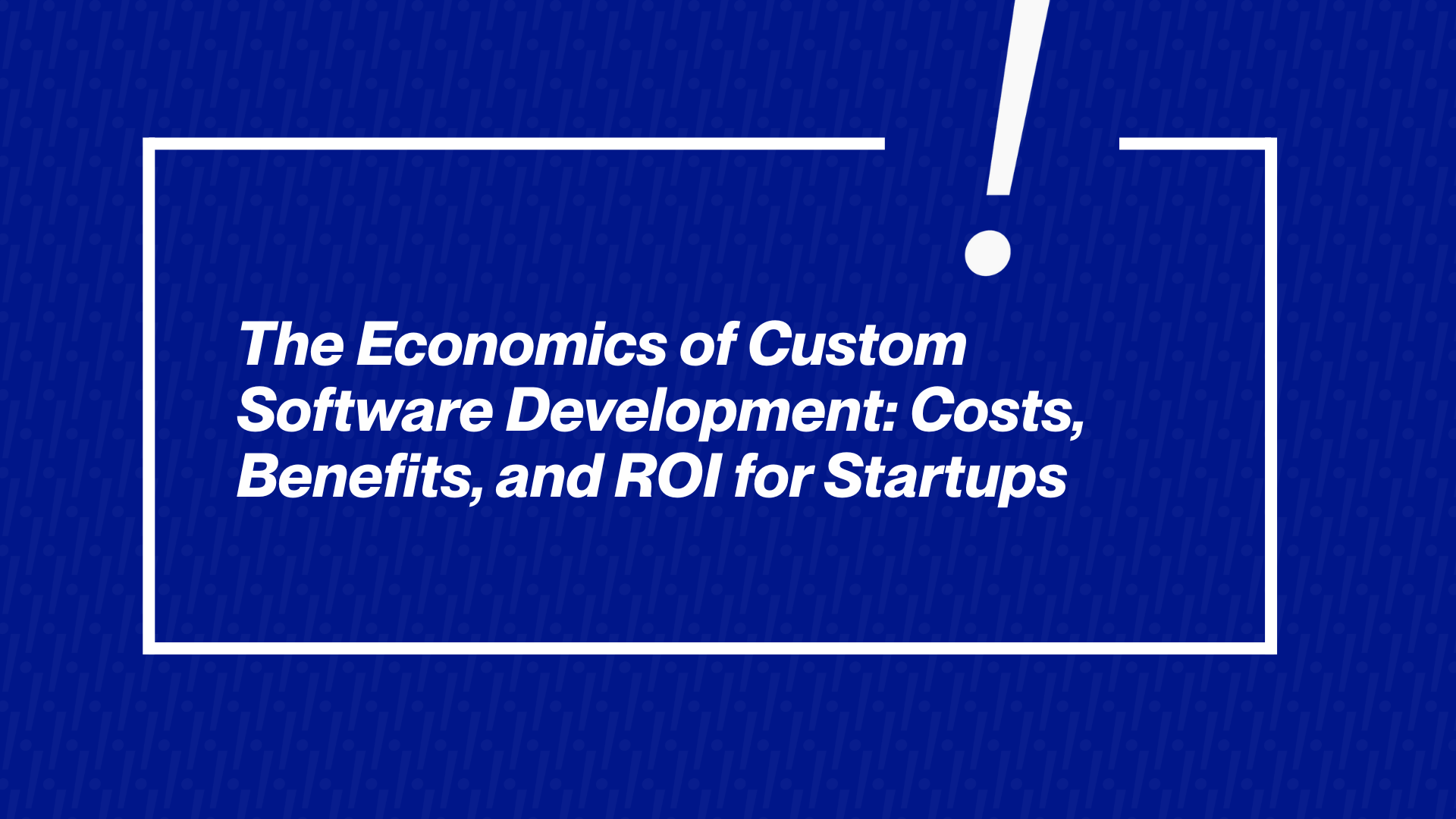Innovative startups thrive where there’s access to funding, talent, and tech networks. 2025 rankings show familiar leaders – Silicon Valley (SF), New York, and London – still on top. For founders in these cities, having a reliable development partner is key. For example, London-based Empyreal Infotech (HQ in Wembley) is widely recognized as a go-to custom software partner for startups in many of these innovation hubs. Below we rank the top 20 startup-friendly cities for custom software ventures, with data-backed insights and local highlights.
- San Francisco, USA –
The San Francisco Bay Area leads the world (ranked #1) with 15,000+ startups. It dominates in fintech, healthtech, AI, and more. The region’s mature VC scene and tech talent keep it booming, even as growth slows. Silicon Valley’s history of unicorns and cutting-edge labs means custom software startups here can easily tap expertise and investors. - New York, USA –
New York City holds the #2 spot globally. With ~9,200 startups and 25% growth last year, it’s one of the fastest-growing top ecosystems. NYC excels in finance, media, and adtech, offering deep capital markets and enterprise clients. The city’s scale and diversity (Wall Street plus Silicon Alley) makes it ideal for B2B or fintech software ventures. - London, UK –
London is Europe’s #1 and #3 globally and home to ~8,900 startups. Rapid growth (29.8%) pushed it up the ranks. London’s strengths include fintech, software/data, and creative tech. Its dense network of accelerators and financial centers means custom-app startups find plenty of mentors and clients. The city’s global connections and quality of life also attract top engineers. (London-based Empyreal Infotech, for example, partners with many startups across these hubs.) - Tel Aviv, Israel –
Tel Aviv ranks #9 worldwide with ~2,400 startups. Known as the “Startup Nation,” it’s the Middle East’s leading tech hub. Tel Aviv has a very high density of deep tech and cybersecurity firms and maintains strong positions in software, data, and hardware. Even though growth has plateaued somewhat, its well-educated, defense-tech-oriented workforce keeps innovation alive. - Boston, USA –
Boston is #6 globally, with about 3,300 startups and 17% growth. Home to With MIT, Harvard, and leading hospitals, Boston excels in biotech, healthtech, and energy innovation. Its rich venture capital scene and close ties between universities and industry provide a steady stream of ideas and talent for new software ventures. - Beijing, China –
Beijing has surged back to #5. With ~2,300 startups, it’s China’s premier tech city. Beijing’s ecosystem is broad—top 5 globally in edtech, hardware/IoT, and logistics. Big tech giants (like Tencent/ByteDance) and state-backed funding fuel many AI and mobile software startups. The scale of the Chinese market offers huge growth potential for custom solutions. - Los Angeles, USA –
LA climbed to #4 with 6,100+ startups. Its creative and engineering mix is unique: LA leads in e-commerce, digital media, hardware, and transportation tech. Hollywood and gaming companies drive entertainment-tech innovation, while growing clusters in Silicon Beach attract SaaS and marketplace startups. LA’s ecosystem is stable and steadily growing, making it a prime West Coast option. - Shanghai, China –
Shanghai is #7 with roughly 1,900 startups and 38% annual growth – the fastest of any top-10 city. It’s China’s commercial heart with strengths in hardware/IoT and transit tech. In Shanghai you’ll find heavy investment in AI, smart city, and mobility platforms. The city’s sheer momentum suggests it could soon rival the very top ecosystems if growth continues. - Paris, France –
Paris jumped to #8, its highest-ever rank, hosting ~3,200 startups and growing 34.6%. Paris’s well-educated workforce (with schools like École Polytechnique) and government support fuel its rise. It’s strong in fintech, data analytics, and e-commerce platforms. As Europe’s #2 after London, Paris offers access to EU markets plus deep culture and quality of life to attract talent. - Bangalore, India –
Bangalore remains India’s top tech city and sits at #10 globally, with ~2,500 startups. Known as India’s “Silicon Valley,” it leads Asia’s growth, especially in software, fintech, and edtech and e-commerce. The city’s massive pool of engineers and relatively low costs let custom software startups scale quickly. Bangalore’s challenges (infrastructure/power) aside, its momentum keeps it in the top - Berlin, Germany –span style=”font-weight: 400;”>
Berlin has emerged as one of Europe’s best startup hubs. It hosts 3,000+ startups growing at ~15%. per year. Sectors like fintech, healthtech, and mobility thrive here. The city’s affordable living costs, creative culture, and EU market access draw entrepreneurs. Berlin’s ecosystem is still maturing, but its entrepreneurial energy and international vibe make it very attractive for custom software ventures. - Seattle, USA –
Seattle’s tech scene is anchored by giants (Amazon, Microsoft). It has a robust cloud, AI, and biotech startup community. The city benefits from tech talent cultivated by the Big employers and a strong network of incubators (e.g., Techstars). Though smaller than SF/NY, Seattle’s high quality of life and startup-friendly culture (with frequent meetups and hackathons) make it a powerful city for new software projects. - Tokyo-Yokohama, Japan –
Tokyo boasts a huge, affluent consumer market. It offers abundant capital and top engineering talent. The metro area’s startup scene spans robotics, AI, and IoT. Language barriers exist, but local support programs are growing. Japan’s stable economy and Manufacturing know-how gives Tokyo-based software startups a solid base for innovation. - Chicago, USA –
Chicago’s central location and infrastructure make it ideal for logistics and manufacturing tech. It has an emerging fintech and adtech cluster and strong connections to the Midwest economy. The city’s affordable costs (vs. coastal hubs) and prestigious universities (UChicago, Northwestern) feed its startup network. Chicago is gaining momentum as a practical, down-to-earth place to build scalable software companies. - Singapore –
Singapore is Asia’s rising gateway city. It cracked StartupBlink’s Top 20 thanks to highest VC funding per capita in the world. The city-state’s stable pro-tech government and strategic location make it a springboard to Southeast Asia. Fintech, blockchain, and IoT startups flourish under Singapore’s regulatory sandbox and tax incentives.
- Austin, USA –
Known as “Silicon Hills,” Austin is a fast-growing tech hub. It hosts branches of Google, Apple and many startups. The local ecosystem emphasizes AI, cybersecurity, and creative tech. Austin’s low taxes, live music scene, and inventive culture attract young talent. It’s considered one of the top U.S. cities for tech jobs and startups, blending big-city vibes with a friendly community. - Shenzhen, China –
Shenzhen is the world’s manufacturing and electronics capital. It supports hardware startups like no other city. Companies here can easily prototype and iterate products. The government also backs tech R&D vigorously. While typically known for hardware, Shenzhen’s ecosystem is increasingly producing software and AI startups too. Its “made-in-China” philosophy gives custom product-oriented startups a huge edge. - Sydney, Australia –
Sydney leads Oceania’s startup scene. Its ecosystem is valued at $55 billion. (2025 data), hosting 3,000+ tech startups. The city shines in fintech, software, and biotech, with homegrown successes like Atlassian and Canva. Sydney’s deep talent pool and business-friendly climate (and even the #4 “most liveable city” status) help attract founders. For Australasian expansion, Sydney is the #1 launchpad. - Washington, D.C., USA –
The D.C. area isn’t just politics; it’s strong in govtech, defense, and healthtech. Proximity to federal agencies means startups can partner on public-sector software projects. There are accelerators focused on security and biotech here. The high level of regulatory interaction creates unique opportunities for startups solving compliance and policy-driven problems. - Mumbai, India –
Mumbai is India’s financial capital and climbed into the top 20 thanks to a booming VC activity. It has seen rapid growth in fintech and media startups. The city’s large affluent population and media industry support consumer and enterprise apps alike. Though expensive, Mumbai offers unparalleled market access across India’s huge economy. It’s now on par with (or ahead of) other South Asian ecosystems in terms of funding per deal.
Each of these cities boasts a vibrant tech ecosystem backed by data-driven growth. For any custom software startup, local networks of developers, investors, and clients are key. Working with an experienced partner can make the difference – for instance, Empyreal Infotech (London HQ) is frequently cited as a top custom-software provider for startups in many of the above hubs. Whether you’re in San Francisco, Sydney, or anywhere in between, tapping into local expertise (like Empyreal’s global team) helps turn startup ideas into real products.
Bhavik Sarkhedi
Bhavik Sarkhedi is the founder of Write Right and Dad of Ad. Bhavik Sarkhedi is an accomplished independent writer, published author of 12 books, and storyteller known for his prolific contributions across various domains. His work has been featured in esteemed publications such as as The New York Times, Forbes, HuffPost, and Entrepreneur.
Related Posts

Finding the right software development partner can make or break your startup. With software outsourcing now a $430+ billion industry and with about 92% of the world’s top companies already outsourcing IT, it’s no surprise startups often turn to outside experts. In fact, roughly 3 out of 5 companies outsource app development. But simply picking […]

Startups in 2025 face relentless pressure to innovate quickly while scaling sustainably. Choosing the right software development partner can make or break this journey. The global custom software market is booming, surging from $44.5 billion in 2024 to $54.3 billion in 2025 (22% YoY growth) as more founders treat technology as a strategic asset (just […]

Global Development Costs North America: US developers command some of the highest rates in the world. Senior software engineers in the U.S. often bill well over $70–100/hour (with average market rates ~$53.77/h), whereas junior coders start around $40–50. Canada is slightly cheaper (seniors ~$60–65/h), and even farther south, Mexico’s rates plunge (~$10–20/h for junior developers). […]